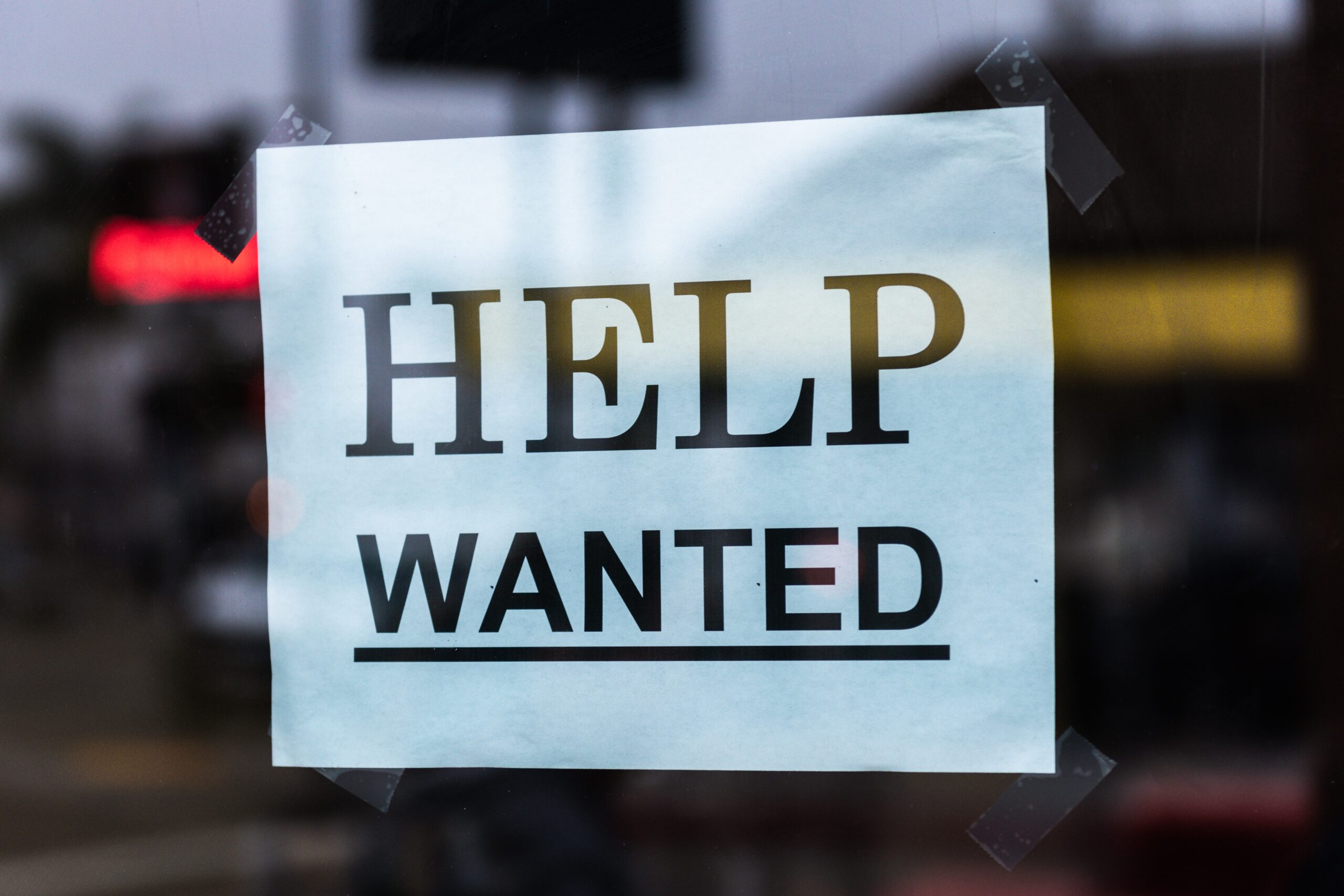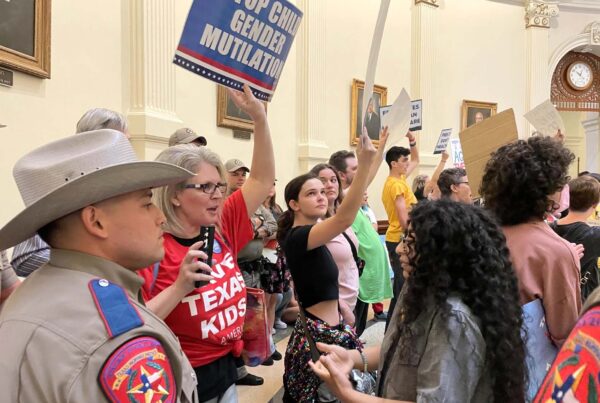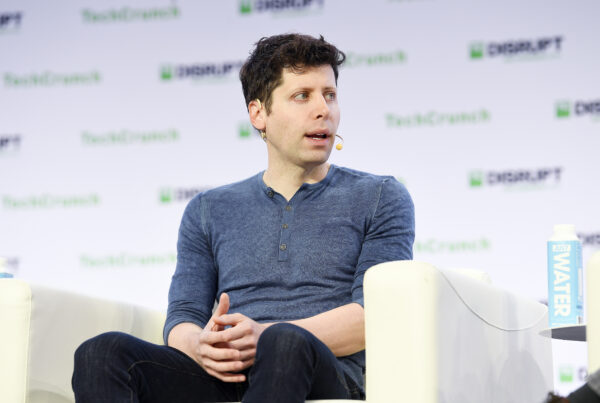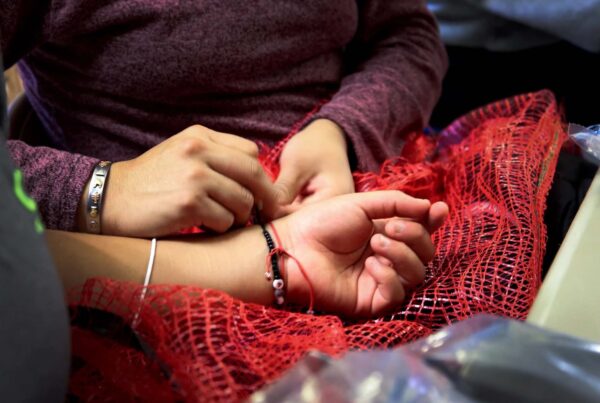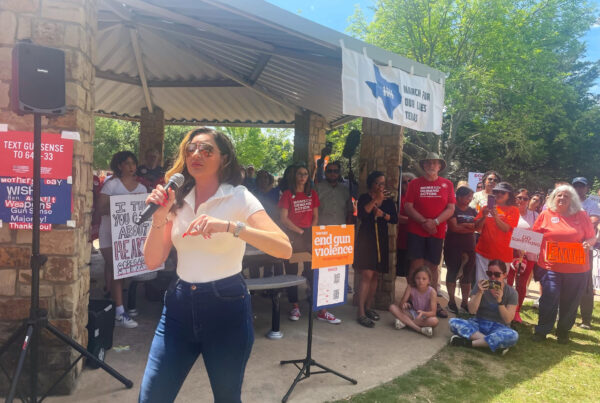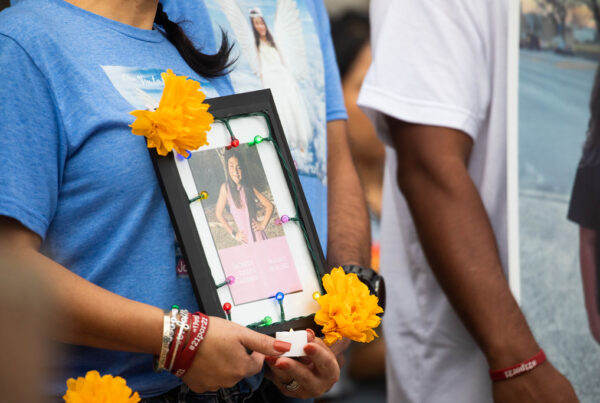Job hunting can be a slog, even if you have all the right contacts and a stellar resumé. But for formerly incarcerated people, finding steady employment after prison can be especially challenging.
People with felony convictions, and sometimes those with misdemeanors, can face major headwinds when looking for jobs. Advocates say that’s harmful not only for people leaving the criminal justice system, but for the economy at large.
Dallas Morning News reporter Arcelia Martin took a look at the barriers people with past convictions face while trying to find employment, and spoke with the Standard about efforts to get more formerly incarcerated people back into the workforce.
This transcript has been edited lightly for clarity:
Texas Standard: Your reporting centers on a woman named LaTosha Williams. Could you tell us a bit about her story?
Arcelia Martin: Sure. LaTosha Williams is now studying online to become a clinical therapist. But as she’s been doing that, she realized that her past might affect her chances of doing that. Over 30 years ago, when she was 18, she was arrested when she was selling drugs, and she has a felony conviction. And so she’s realizing that the state’s occupational licensing laws might get in the way of making her dream a reality.
And, you know, this isn’t the first time that she struggled with employment because of her felony conviction. And so now she’s advocating alongside Prison Fellowship, which is a nonprofit, with legislators in both Austin and in D.C., to try to streamline some of those licensing laws so that way she can do the work that she wants to do.
Let me ask you something. When someone goes through the criminal justice system, I mean, part of that is “paying one’s debt back to society” – that’s something we often hear. How can someone get tripped up in the process of employment? How does that become an obstacle? Can you say more about specifically how people find their past confounding their efforts to get a new job?
Sure. That’s something LaTosha Williams spoke to me about that, you know, she had felt she had did her time. She spent months in a county jail here in Dallas, and she was ready to become a new person. But when she would apply for a job, she’d realize that her her felony conviction barred her from that, or employers didn’t want to take that risk.
So, in other words, something on the application that would say, hey, have you ever been previously convicted? I guess I think I’ve seen that sort of thing on applications.
Sure. And, you know, there’s different movements – “ban the box” is one of them. And another key measure that folks are working towards is clean slate legislation, which expunges someone’s criminal record after a period of time and based off of the offense. And that, advocates and business leaders from both sides of the aisle have argued, could one, help cinch the gap in the labor market that we have, and also boost earnings for people who have criminal records.
The “ban the box,” of course, refers to a little checkbox. You know, you’ll see a question, “have you ever been convicted of a felony or misdemeanor?” And then you have to check the box there if you’re trying to be honest. I’m curious, given the implications for the economy more broadly that you’re talking about there, is there any push policy-wise, either in Texas or at the federal level, to address these issues?
In both places there is a push to address that. Different cities and states have adopted ban the box policies; it’s been argued and kind of fallen out across statewide – different cities in Texas have, you know, measures. But clean slate legislations push a step further than ban the box, because ban the box stops it at the application, but clean slate legislation kind of stops it at the source. It streamlines the process.
Because expungement is a thing right now. People can have their criminal records expunged in Texas, but it’s, you know, a backlogged process. And advocates say that it takes too long, it’s confusing, it can be expensive. Wheras new legislation that, you know, folks are hoping to get into Texas would automate some of that process. And there’s very few states who have been able to achieve that.


